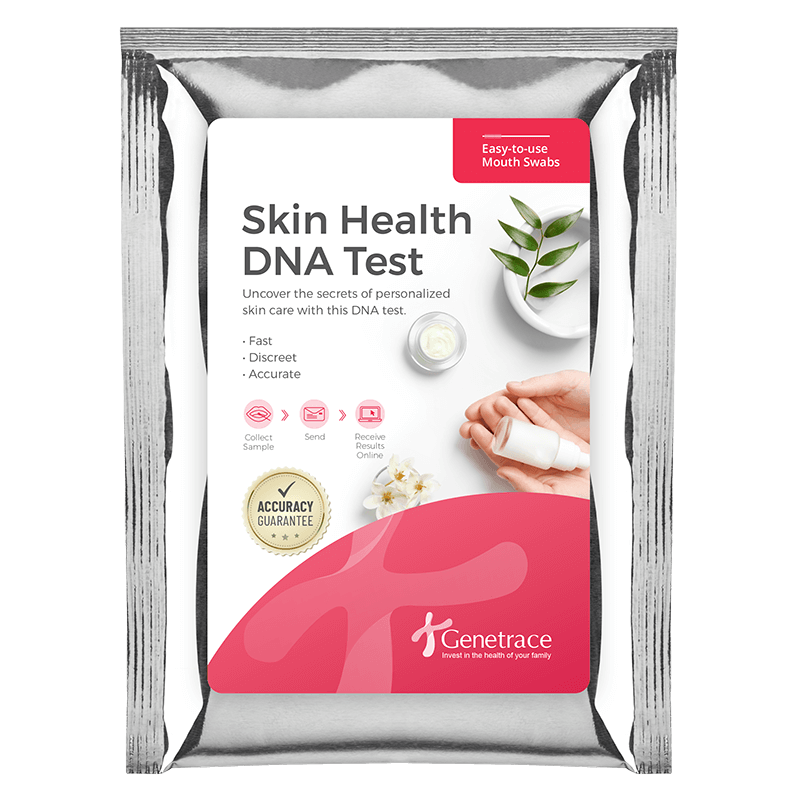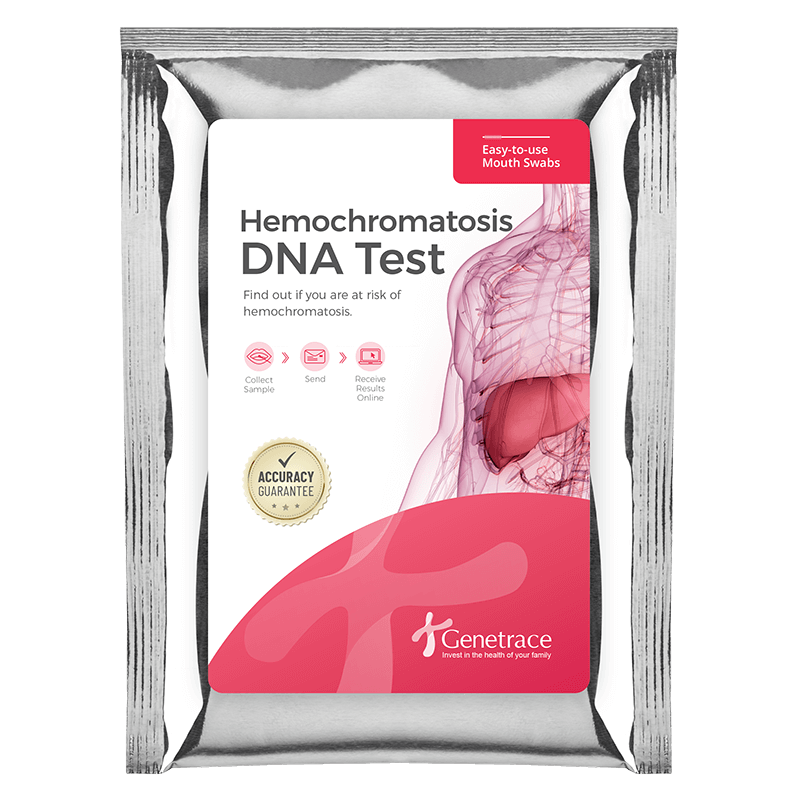Kit includes all lab fees and free return shipping to the lab.
Receive secure, confidential results through your online dashboard.
All tests performed in our AABB, ISO 17025 & CLIA accredited laboratory.
Type 2 diabetes is a highly prevalent metabolic disease that results from an inability to control blood sugar levels. Glucose is the main sugar found in the blood. Its levels are tightly controlled by the action of two enzymes, insulin, and glucagon. Insulin signals the removal of sugar from the blood (immediately following a meal for example), while glucagon is responsible for releasing sugars between meals to provide organs with sufficient energy. Individuals with type 2 diabetes make low levels of insulin, or their cells have stop responding to insulin, making it difficult to regulate sugar levels in the blood.
Genetics is one factor that can increase your risk of developing type 2 diabetes. This test detects genetic variants linked to increased risk. Find out your risk today so you can take preventative action to reduce your chances of developing type 2 diabetes.
Genetic variants tested
Genetic is one risk factor associated with type 2 diabetes. This DNA test detects the following variants linked to an increased risk of developing this condition.
- ACC2 – Reduced response to insulin
- ADCY5 – Inhibited secretion of insulin
- FABP2, FTO – Increased uptake of saturated fats
- ADIPOQ, FADS1, GLUT2, MTNR1B and TCF7L2 – Increased fasting glucose levels
- GCKR – Reduced fasting glucose levels
- GCK, HNF4A – Reduces beta cell function
- SLC30A8 – Disrupted insulin signalling
- SOD2 – Increased reactive oxygen species
- MADD – Impaired proinsulin-to-insulin conversion
Factors that increase your risk of Type 2 diabetes
- Genetic variation
- Family history of type 2 diabetes
- Obesity and fat accumulation (around the abdomen)
- Lack of physical exercise
- Ethnicity (Africans and American Indians have a higher risk)
- Prediabetes – elevated blood sugar
- Gestational diabetes
- Polycystic ovarian syndrome
Summary
Type 2 diabetes is a highly prevalent metabolic disease that results from an inability to control blood sugar levels. Glucose is the main sugar found in the blood. Its levels are tightly controlled by the action of two enzymes, insulin, and glucagon. Insulin signals the removal of sugar from the blood (immediately following a meal for example), while glucagon is responsible for releasing sugars between meals to provide organs with sufficient energy. Individuals with type 2 diabetes make low levels of insulin, or their cells have stop responding to insulin, making it difficult to regulate sugar levels in the blood.
Genetics is one factor that can increase your risk of developing type 2 diabetes. This test detects genetic variants linked to increased risk. Find out your risk today so you can take preventative action to reduce your chances of developing type 2 diabetes.
What's Measured?
Genetic variants tested
Genetic is one risk factor associated with type 2 diabetes. This DNA test detects the following variants linked to an increased risk of developing this condition.
- ACC2 – Reduced response to insulin
- ADCY5 – Inhibited secretion of insulin
- FABP2, FTO – Increased uptake of saturated fats
- ADIPOQ, FADS1, GLUT2, MTNR1B and TCF7L2 – Increased fasting glucose levels
- GCKR – Reduced fasting glucose levels
- GCK, HNF4A – Reduces beta cell function
- SLC30A8 – Disrupted insulin signalling
- SOD2 – Increased reactive oxygen species
- MADD – Impaired proinsulin-to-insulin conversion
Technical Information
Factors that increase your risk of Type 2 diabetes
- Genetic variation
- Family history of type 2 diabetes
- Obesity and fat accumulation (around the abdomen)
- Lack of physical exercise
- Ethnicity (Africans and American Indians have a higher risk)
- Prediabetes – elevated blood sugar
- Gestational diabetes
- Polycystic ovarian syndrome
Explore your DNA Story
Embark on a journey of self-discovery with our at-home DNA tests, powered by cutting-edge science made accessible for all.
Simple Sample Collection
Secure Online Results
Accredited Laboratory
Discreet & Confidential
How it works
Purchase your kit
Collect DNA Sample
Mail samples to the lab
Receive your results
FAQ's
Here are the answers to the most frequently asked questions about this test.









